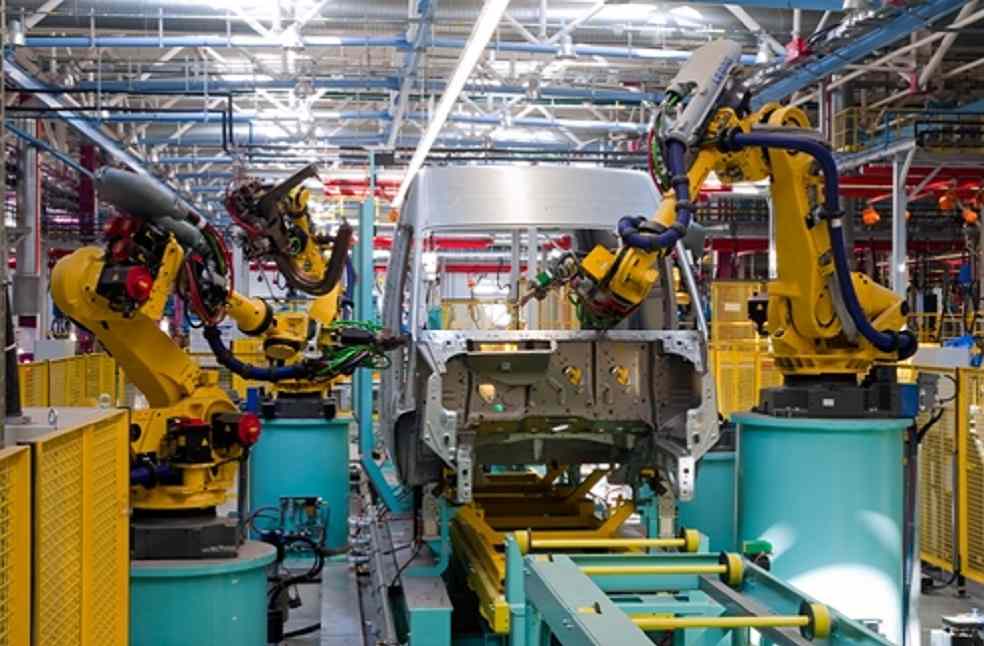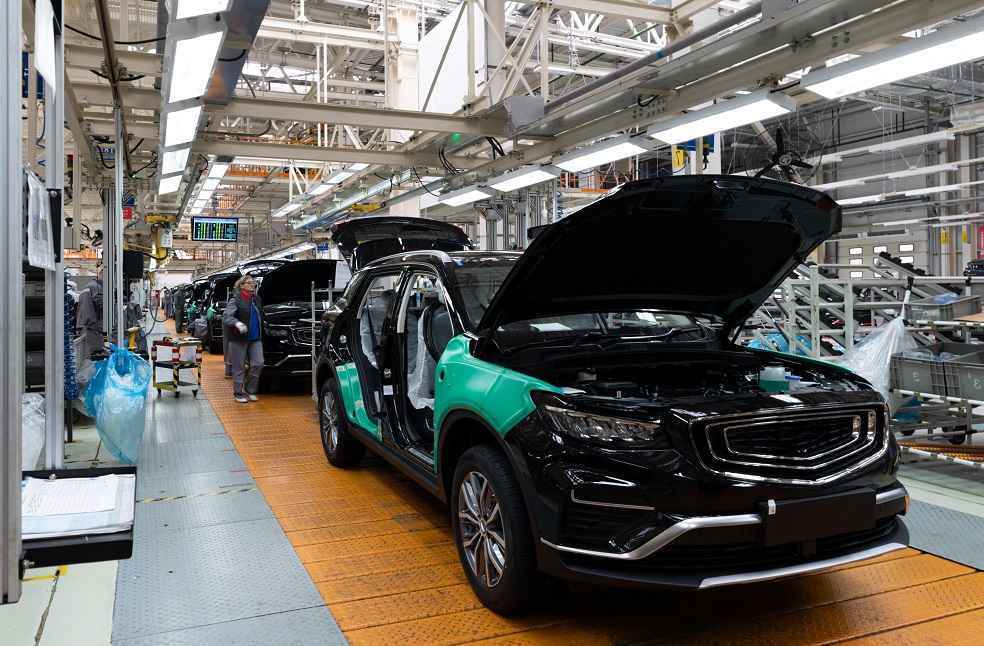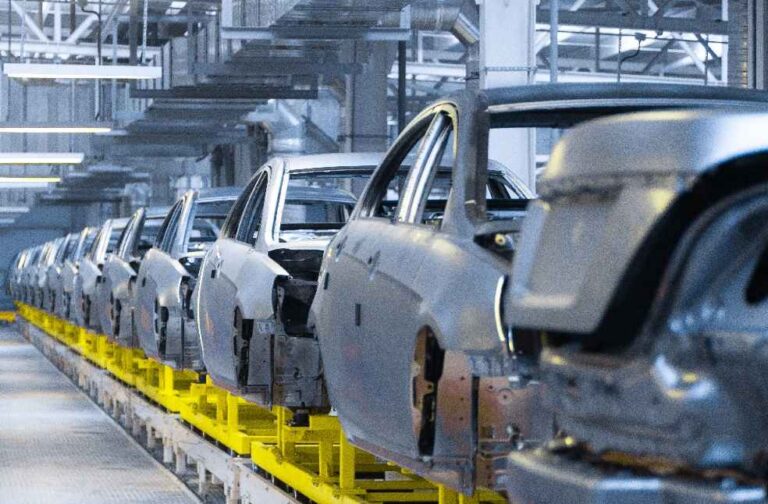Sri Lanka is swiftly transforming into a dominant force in global auto manufacturing, capitalizing on its strategic position between Eastern and Western trade routes. The nation is poised to exploit this geographical advantage, driving substantial growth in its automobile assembly sector.
Recent developments reveal that renowned global brands including Hyundai, Proton, BAIC, DFSK, Wuling, Mahindra, TATA, Bajaj, TVS, JMC, and Lanka Ashok Leyland are making significant investments in the local market, attracted by a favorable investment climate. The industry now boasts approvals for assembling a diverse range of vehicles such as SUVs, cars, two-wheelers, double-cabs, trucks, and buses, catering to a wide consumer base.

By the end of this year, the sector will witness the operation of over 30 automobile assemblers, with JAC and FOTON among the new entrants. This surge is supported by a mandate requiring these assemblers to integrate at least 20% domestic value through the use of locally manufactured components, aligning with stringent global original equipment standards.
The sector’s expansion trajectory is supported by robust governmental measures, including the implementation of the Standard Operating Procedure (SOP) initiated in 2021. Currently, over fifteen automobile and motorcycle assembly plants are operational under this framework, with an additional fifteen poised to start soon, monitored by a special Cabinet-appointed committee.
Dimantha Jayawardena, Chairman of the Industries Ministry Sector Advisory Committee for Automobile, emphasized the strategic initiatives propelling the industry. Despite challenging economic cycles, the dedication to advancing automobile component manufacturing has remained steadfast, said Dimantha. The government underscores its support by covering 50% of the costs for the International Automotive Task Force (IATF) certification for local manufacturers, crucial for fostering global partnerships.

The temporary halt on motor vehicle imports has spiked demand for locally assembled vehicles, complemented by the establishment of a research and development facility that promises to elevate innovation and quality assurance within the industry.
Looking to the future, the Industries Ministry aims to catalyze the creation of 45,000 new jobs in the sector by 2037, aligning with a 20-year master plan to establish Sri Lanka as a central hub for automobile manufacturing. This strategic blueprint not only promises to boost local employment but also positions Sri Lanka as a critical nexus in the international automotive manufacturing and trade networks.
LATEST | VinFast Sparks EV Expansion with Philippine Market Launch





